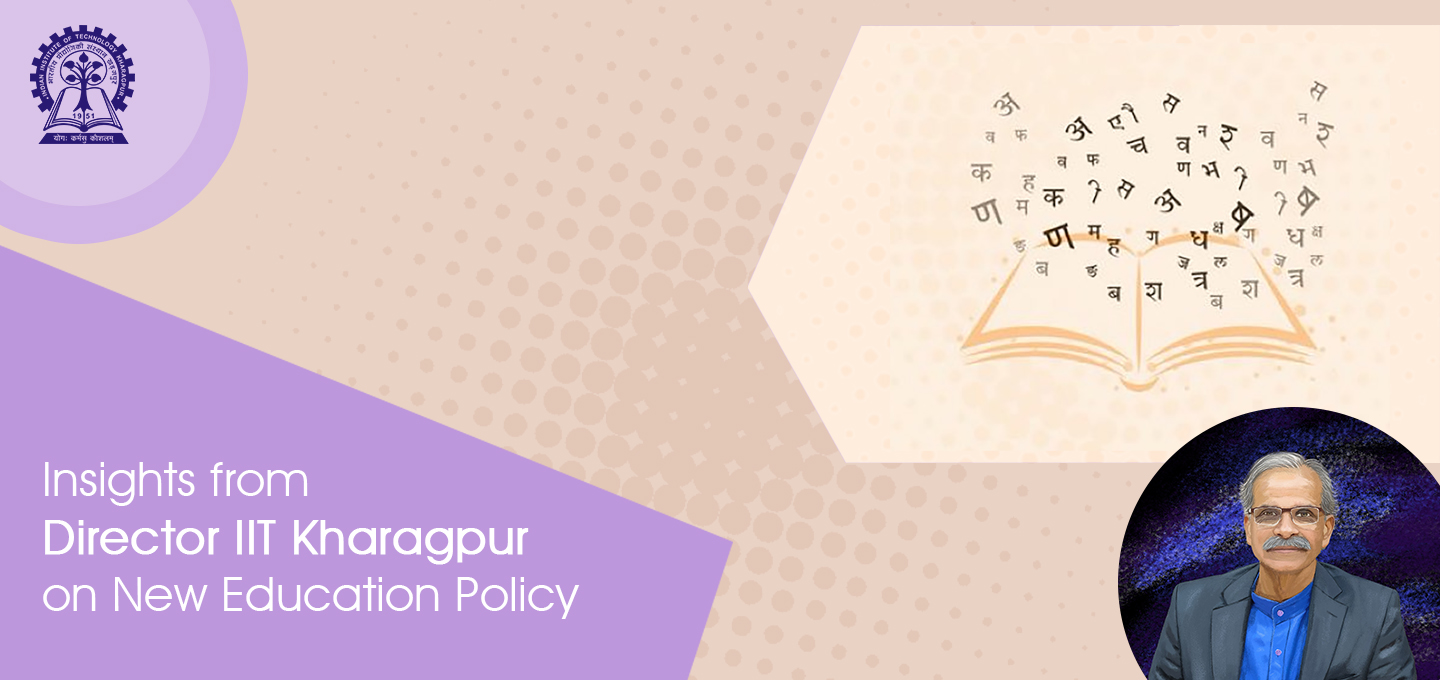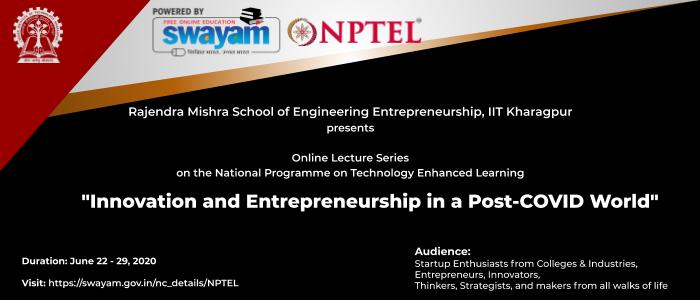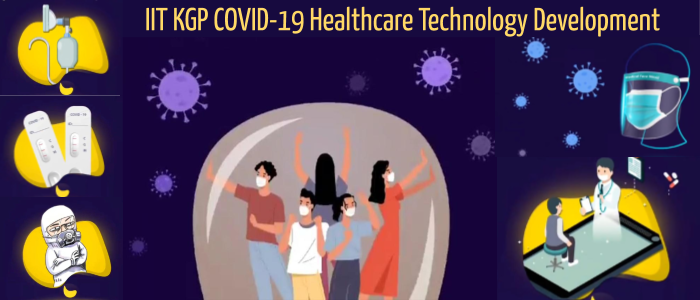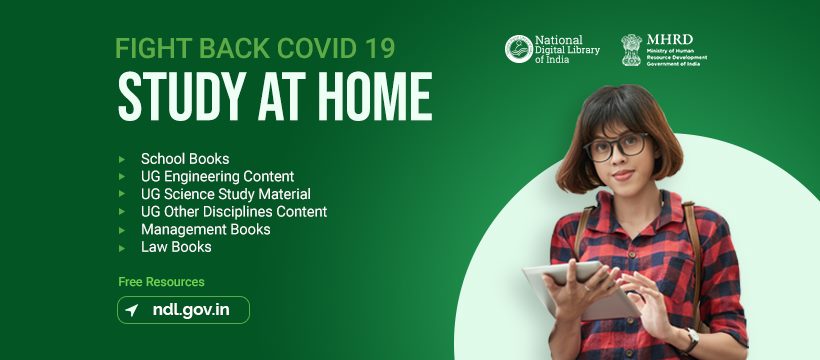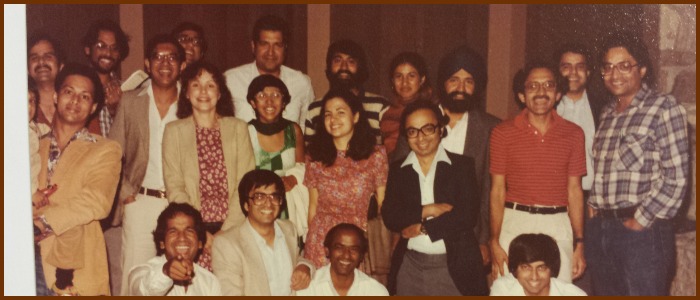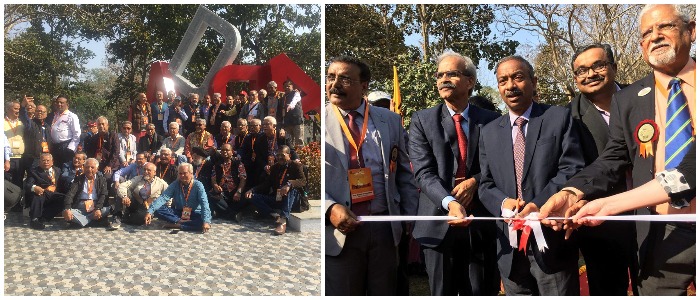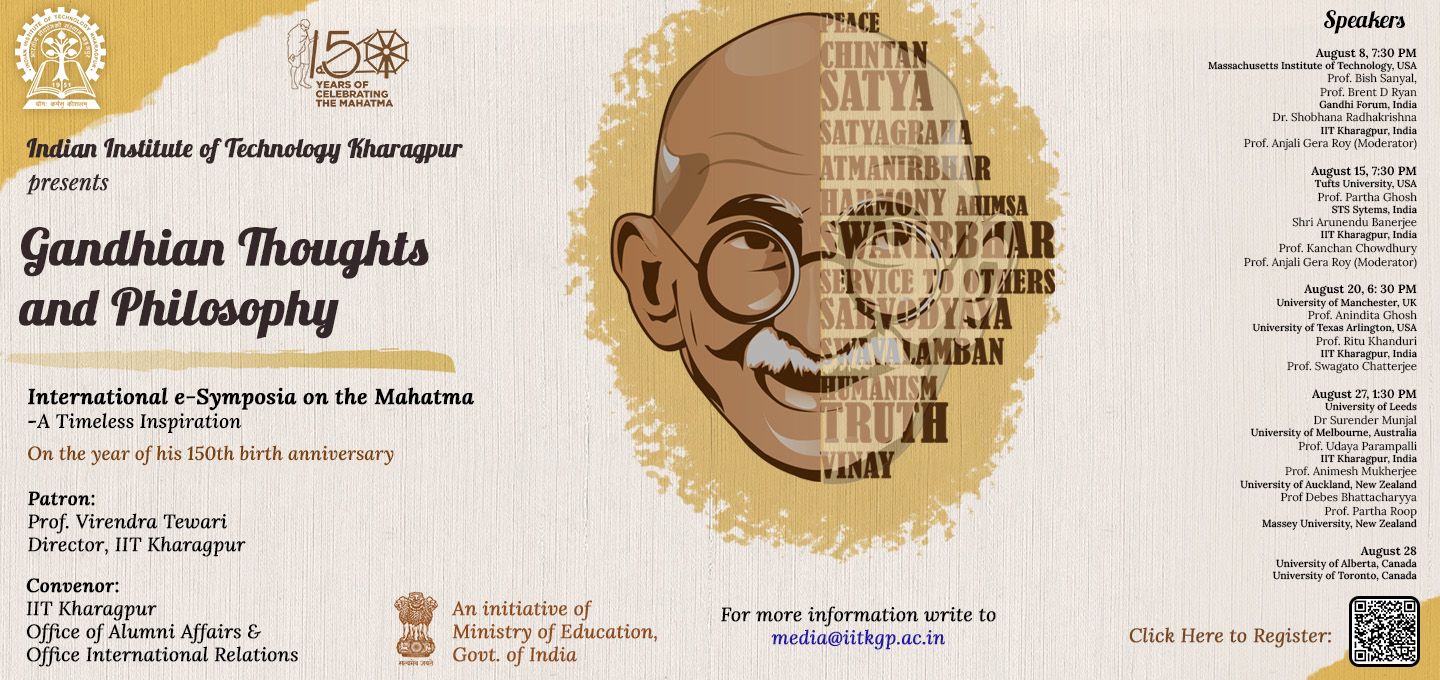
International Symposia on Mahatma Gandhi
IIT Kharagpur brings Global Academia to Retrospect on Gandhian Thoughts and Philosophy India Today Hindustan Times Times of India Navbharat Times CNBC TV18 Indian Express Edex Live Deccan Herald Outlook NDTV The Week IIT Kharagpur is organizing an international e-symposia in association with top global universities to commemorate the completion of the 150th Birth Anniversary celebrations of Mahatma Gandhi. Academics from universities in the USA, UK, Australia, Canada, New Zealand and Gandhian experts from India including professors from IIT Kharagpur will deliberate on ‘Gandhian Thoughts and Philosophy’ through webinars spanning over select days in August…

